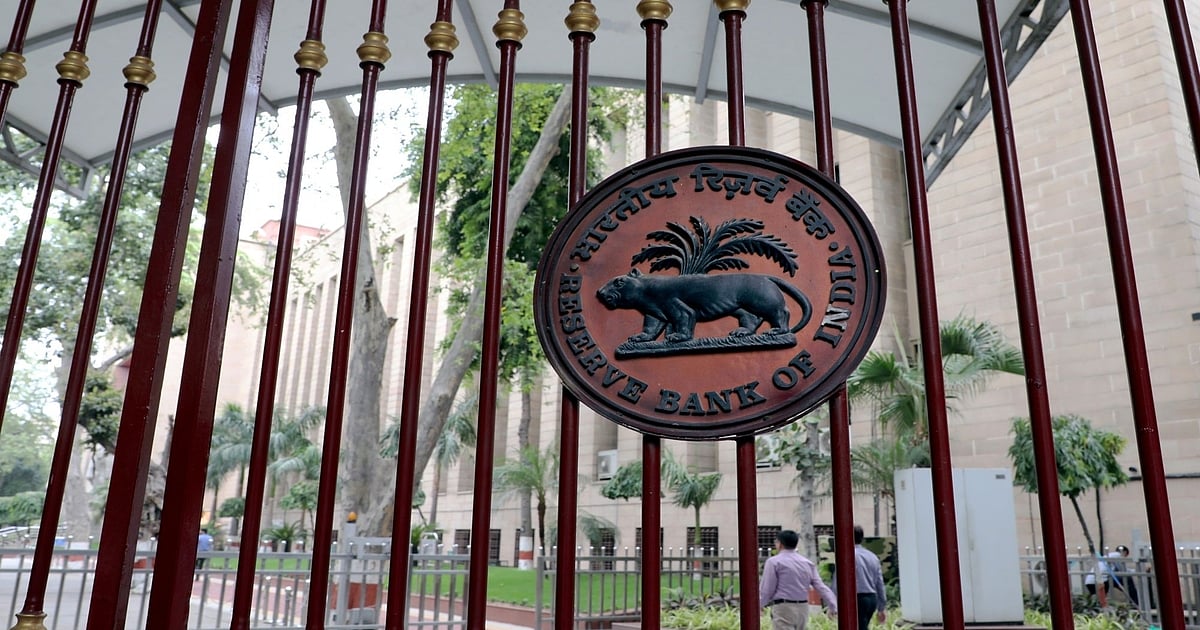The Reserve Bank of India has directed banks and non-bank lenders to provide for the extent of investment in the alternative investment fund, which is further invested in the debtor company.
The provisions should not be made on the entire investment of the lender in the AIF scheme, the central bank clarified in a circular released on Wednesday.
This comes after the RBI, in December, restricted banks and NBFCs from investing in AIFs, which have downstream investments in debtor companies.
If banks or NBFCs had such investments in AIFs, they were given 30 days to liquidate their holdings or make 100% provisions against them, the RBI circular from December stated.
The central bank also said that downstream investments by AIFs “shall exclude investments in equity shares of the debtor company of the lender.” However, the directions apply to all other investments, including investments in hybrid instruments.
Debtor companies include borrowers who have availed loans or investments from banks or NBFCs in the last 12 months.
After the circular was issued in December, Piramal Enterprises Ltd. and IIFL Finance Ltd. informed exchanges of their exposure to AIFs and said that they had initiated the process of making provisions.
IIFL Finance disclosed a total investment of Rs 21.37 crore in the IIFL Fintech Fund, along with an outstanding debt exposure of Rs 3.28 crore related to the fund’s downstream investments. The total value of other AIF investments stood at Rs 909.81 crore, excluding any downstream exposure in the preceding 12 months.
IIFL Home Finance had an investment of Rs 161.07 crore through the “priority distribution model,” the company said in an exchange filing. If the housing finance arm of IIFL Finance fails to liquidate this investment, the company would have to provide fully for this exposure.
Piramal Enterprises had a total exposure of Rs 1,737 crore to AIFs. The company emphasised its intention to provide for its entire AIF exposure, beyond what is stated in the RBI’s regulations.
The central bank clarified that provisions for downstream exposure to debtor companies, where AIF is invested, have to come from tier-1 and tier-2 capital equally.
Notably, AIF investments by lenders through intermediaries such as fund of funds or mutual funds are excluded from the aforementioned restrictions, the RBI said.






































